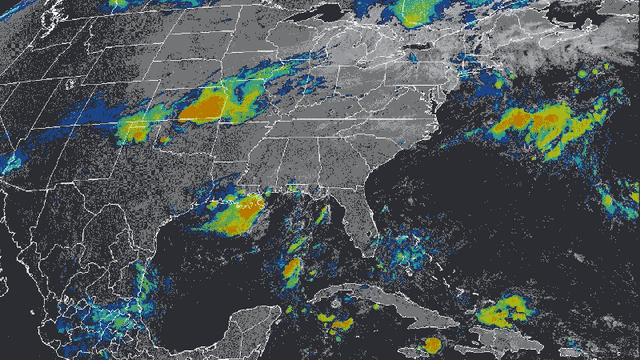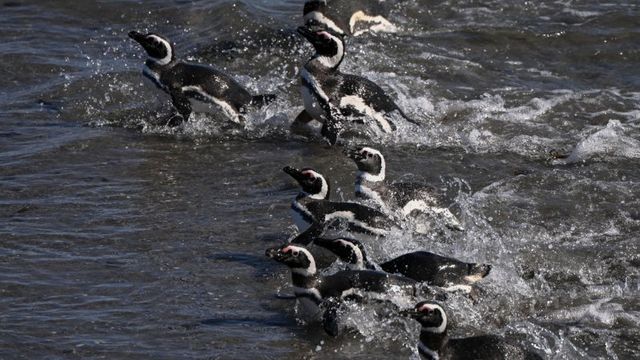Gene editing offers transformative solution to saving endangered species
Gene editing technologies—such as those used in agriculture and de-extinction projects—can be repurposed to offer what an international team of scientists is calling a transformative solution for restoring genetic diversity and saving endangered species.












































